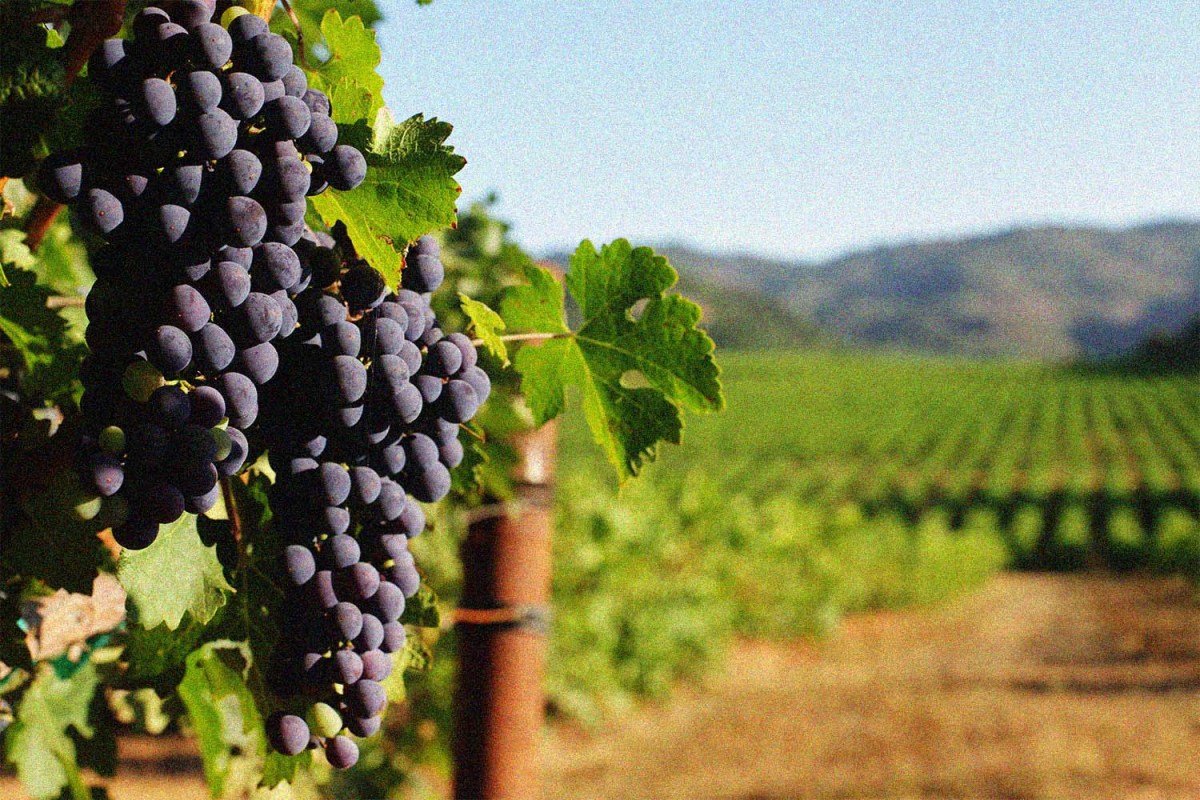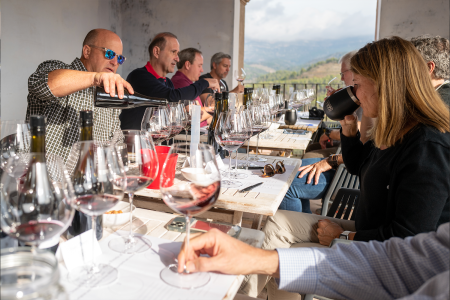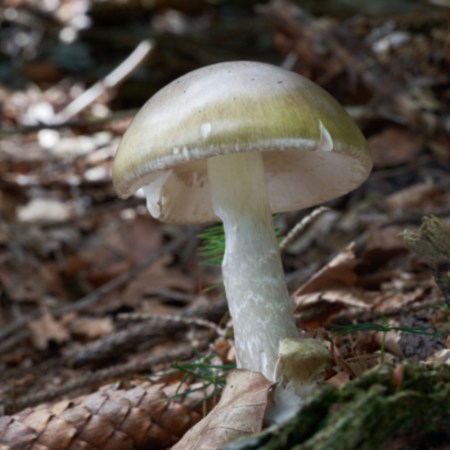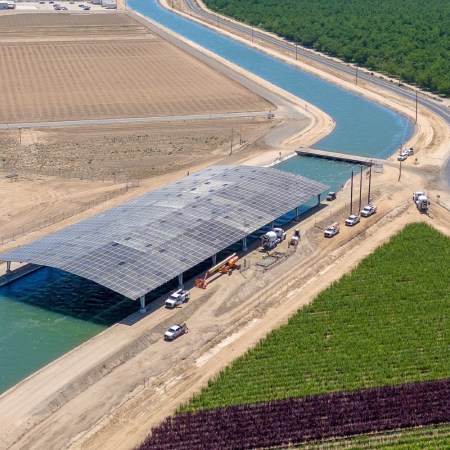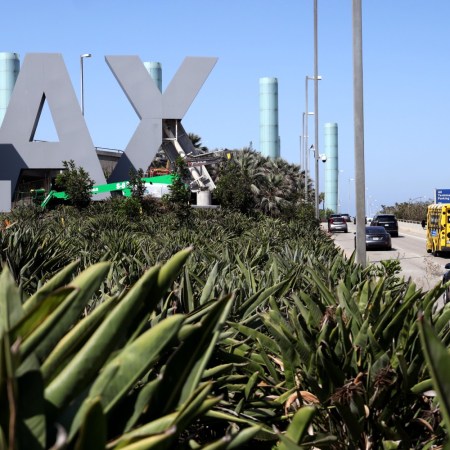In Sonoma, sustainability isn’t just a buzzword used to drum up business or appeal to the responsible tourism crowd. It’s a guiding ethos. This unwavering commitment to protecting and preserving the earth runs deep and informs virtually every decision for the myriad eco-conscious wineries (as well as farm-to-fork restaurants and green boutique hotels). And it’s been like that for a long time. This fertile corner of Northern California has been at the forefront of environmental protection and preservation practices for decades. The Sonoma County Winegrape Commission made a commitment to become the first 100% sustainable wine-growing region in the world back in 2014. Today, it’s 99% of the way there. That’s a huge point of pride for the community of growers, winemakers and producers who call this diverse natural destination home. Driving along the vineyard-flanked roads, it’s quite remarkable to see all the certified organic and sustainable signage.
Travelers visiting Sonoma don’t need to look far to discover wineries leading the sustainable charge. “More wineries and growers are implementing regenerative agriculture, which, as defined in the book Under the Sky We Make by Kimberly Nicholas, is rooted in fundamentals of respect and care for people and nature, reducing harm at its source and turning an impulse to build toward the building of resilience,” says Virginie Boone, California-based independent wine writer and reviewer. Many vineyards are doing things like dry farming to reduce water usage in the face of drought and introducing animals to irrigate the soil. In 2021, the California Land Stewardship Institute (CLSI) launched the first climate adaptation pilot program for agriculture aimed at carbon sequestration. “As a region, the winegrowers partnered with Ford Pro earlier this year to begin electrifying all the farm trucks and vans used in farming. The goal is to achieve fewer emissions. That would be a massive step toward addressing climate change locally and inspiring a movement nationally and globally in farm areas.”
Interested in experiencing — and supporting — the sustainable side of Sonoma? Scroll on for 10 wineries that do good by Mother Nature, make great wine and offer awesome tastings.
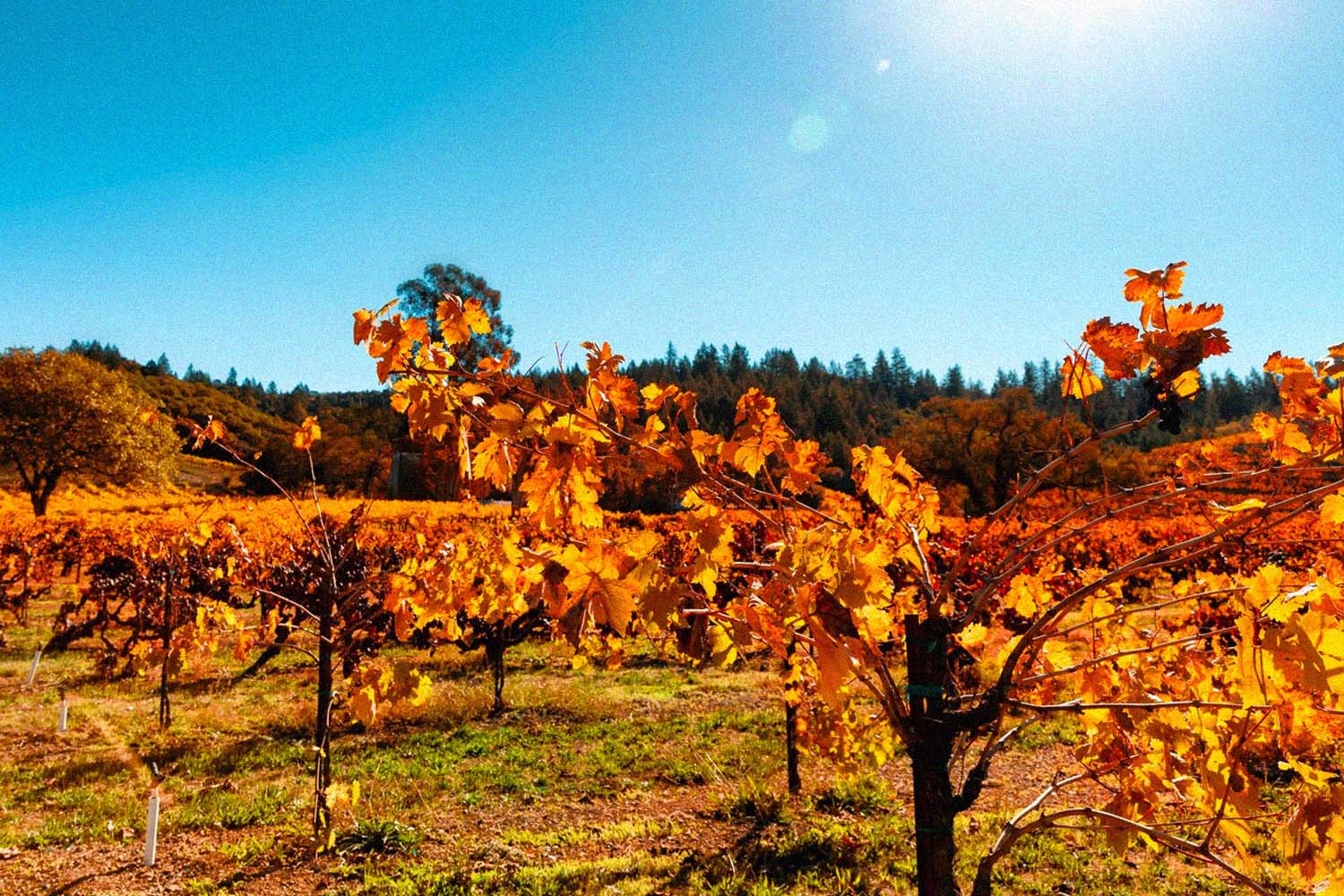
Truett Hurst
Under the leadership of Paul Dolan, a longtime advocate of biodynamic and regenerative farming, Truett Hurst puts stock in the importance of respect to the natural world. It’s a holistic vineyard in every sense. What does that mean exactly? Well, it all starts with the ground. “Horticultural heroes” (their clever verbiage) — chickens, goats and sheep — help control weeds and fertilize the soil. Replacing invasive plants with native vegetation and fostering a safe habitat for salmon to spawn in the waterway is another cornerstone. While the restoration projects are quite consequential, the vibe at this Dry Creek farm and winery feels playful with bug hotels in the organic gardens, kids feeding Luci and charcuterie picnics paired with robust zinfandel.
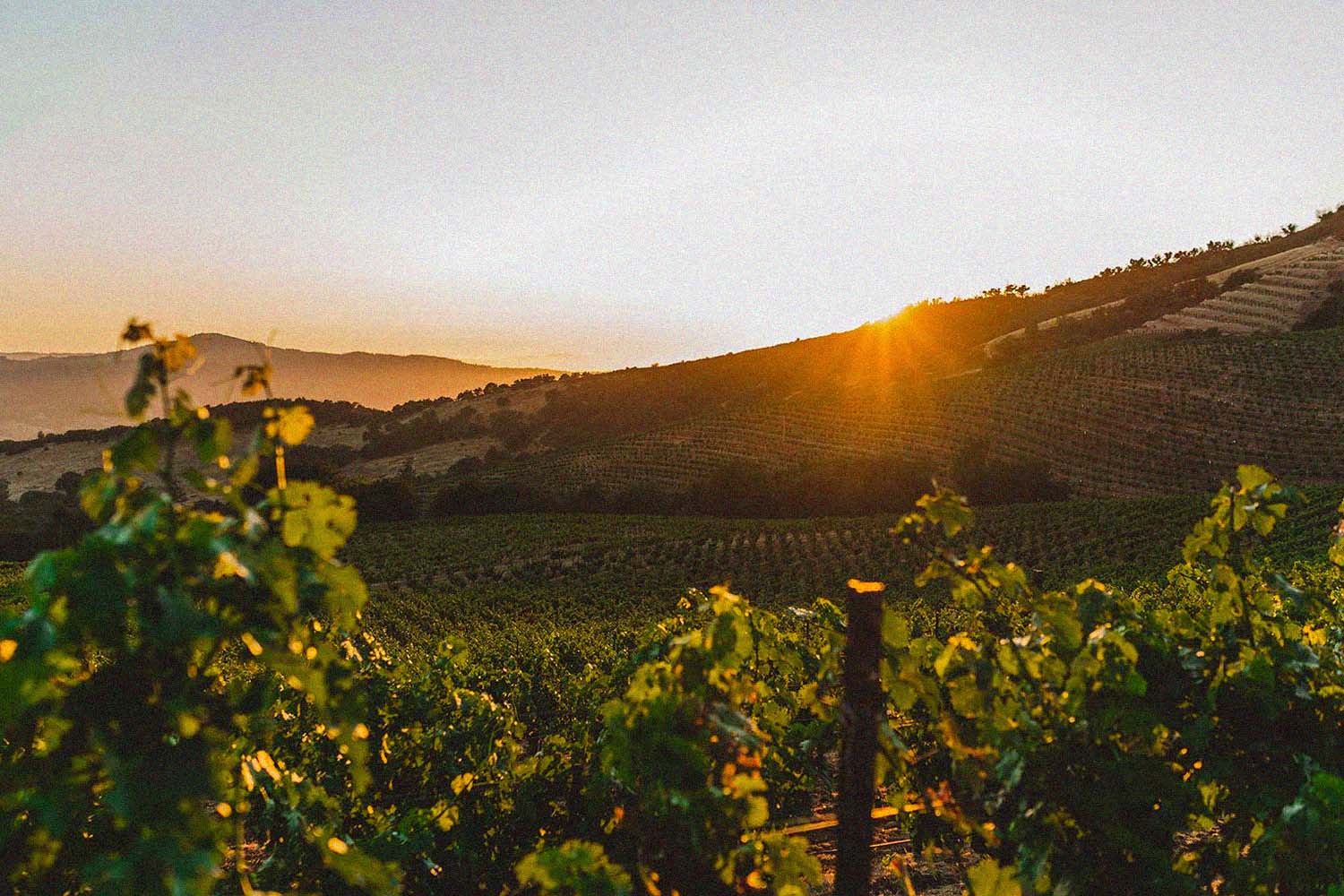
Hamel Family Wines
Hamel Family Wines takes its role as stewards of the land seriously. John Hamel, the Managing Director of Winegrowing, is passionate about dry farming. “Many of our growing decisions center around reinforcing and strengthening the vines’ connection to the soil while mitigating the impact of drought,” he explains. In the cellar, grapes are given time to do their thing instead of using commercial yeast to speed up the fermentation process. “The living roof over the building helps transition the structure into the hill and also provides natural insulation to maintain naturally cooler temperatures inside.” The idyllic setting where guests sample please-pour-me-another-glass delicious wine that’s certified organic and biodynamic offers stunning vineyard views. You might even see livestock hoofing it up between the rows.
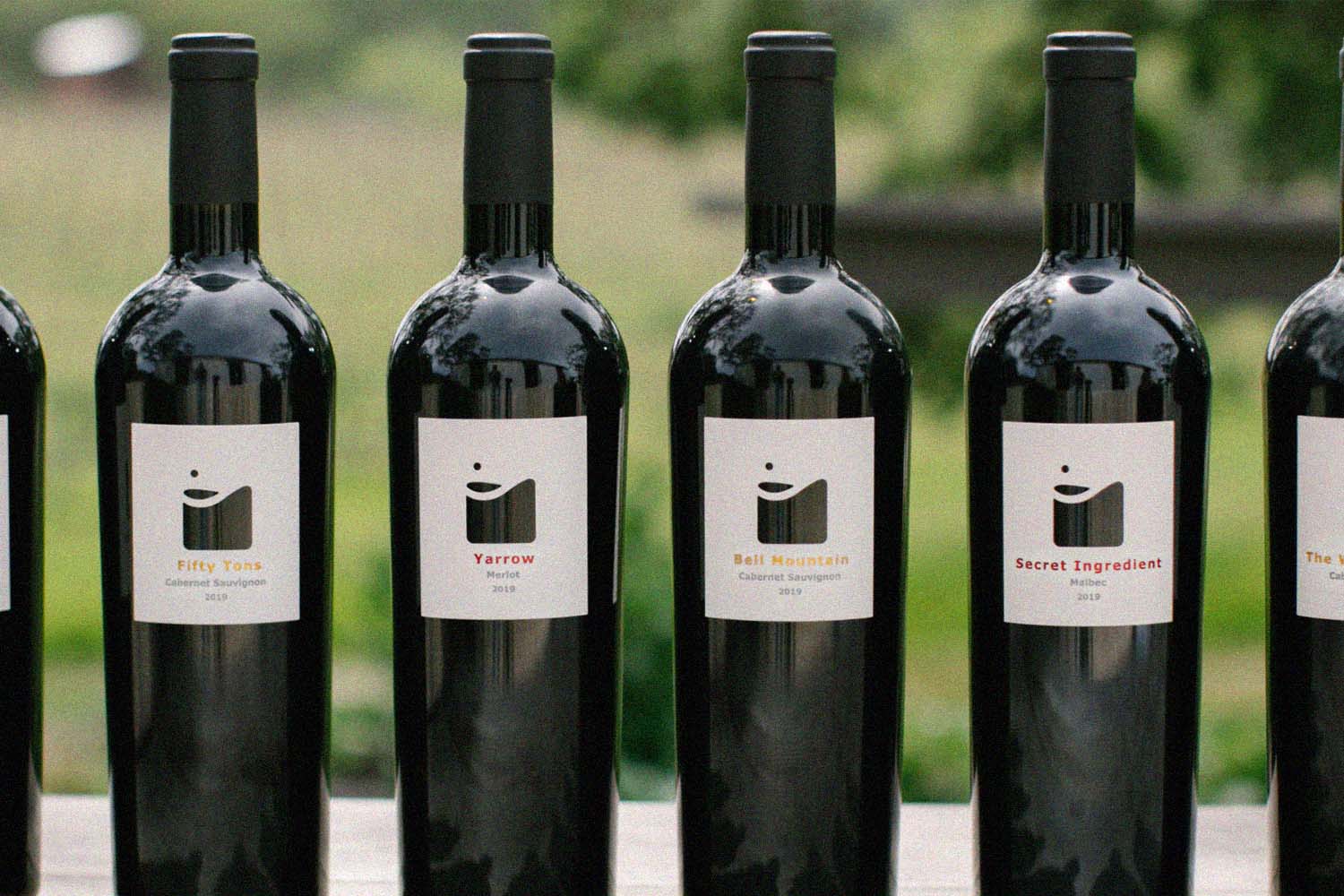
Medlock Ames
Dedication to preserving the rugged wisdom of the land comes to life in many ways at Medlock Ames. A pioneer in Sonoma’s organic agriculture scene, this family-owned estate vineyard at Bell Mountain Ranch looks ahead to a regenerative future. It’s all about “low-impact farming” methods such as sowing cover crops, planting flowers to attract beneficial bugs and calling on barn owls to control pesky gophers that feed on vine roots. The winemaking program lives into the same nature-knows-best philosophy, resulting in expressive vintages that reflect the conditions of each season (this is vastly different from the procedure at many high-yield wineries where consistency rules above all). There’s also an interesting self-guided audio tour through the vineyards with information and natural sound effects.
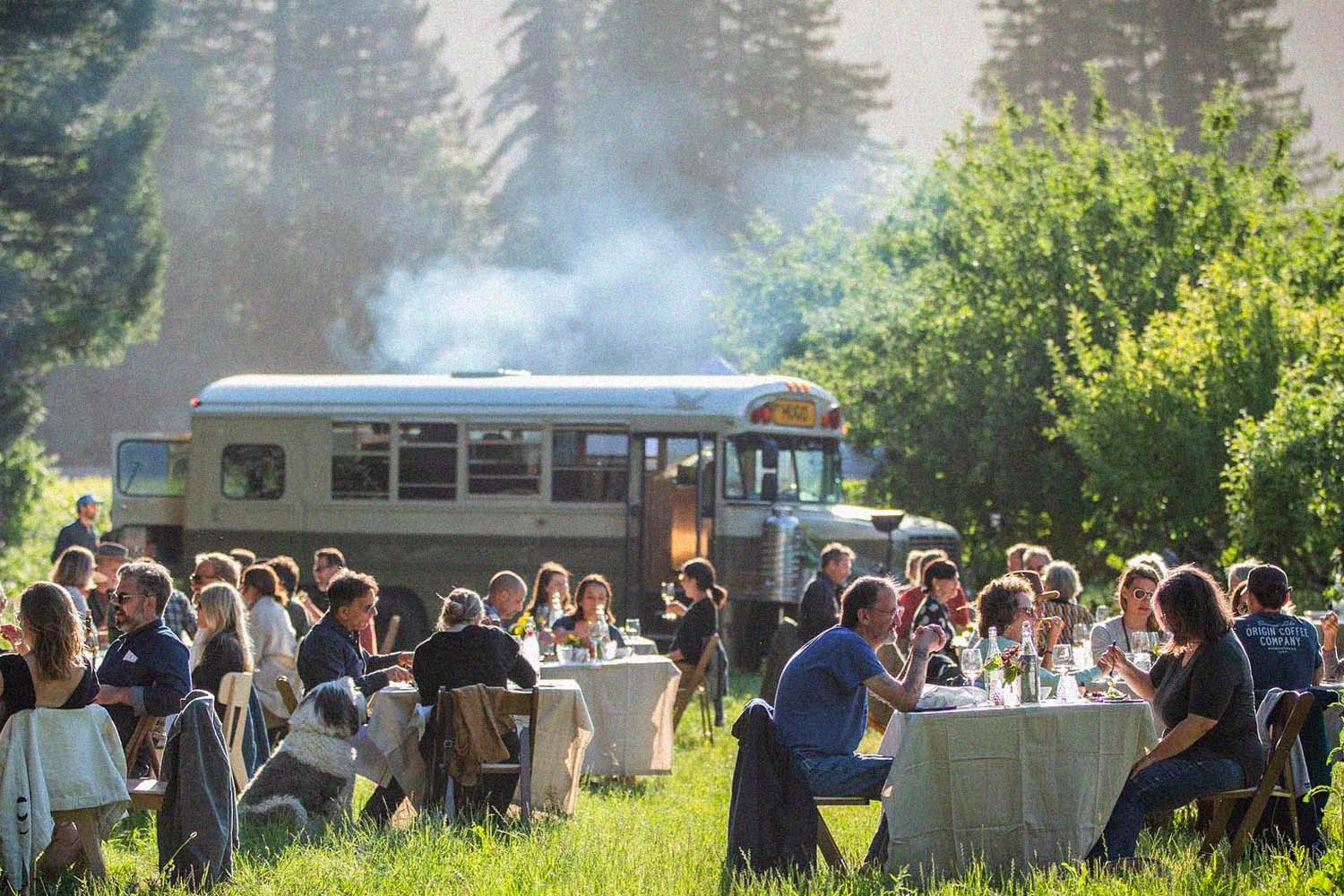
Preston Farm & Winery
Preston Farm & Winery practices a return to the roots approach to agriculture. Though to be fair, there’s no evidence that this family-owned operation in the heart of the Dry Creek Valley ever veered away from the whole-farm way of doing things in the first place. Understanding that vineyards are just a small piece of the holistic puzzle, the sustainably-minded property tends to olive groves, fruit orchards, vegetable gardens, sheep, chickens and goats as well as grape vines. A clowder of fluffy cats frolic on the green lawn outside the main house as visitors swirl low-yield, high-quality wine in the tasting room or on the porch. Don’t leave without popping into the shop for fresh-baked hearth bread, seasonal produce and olive oil.
The Vines Is a Global Adventure Club With One Goal: The Perfect Bottle of Wine
Members don’t just get to sample the world’s rarest wines — they work with producers to blend their own personal barrels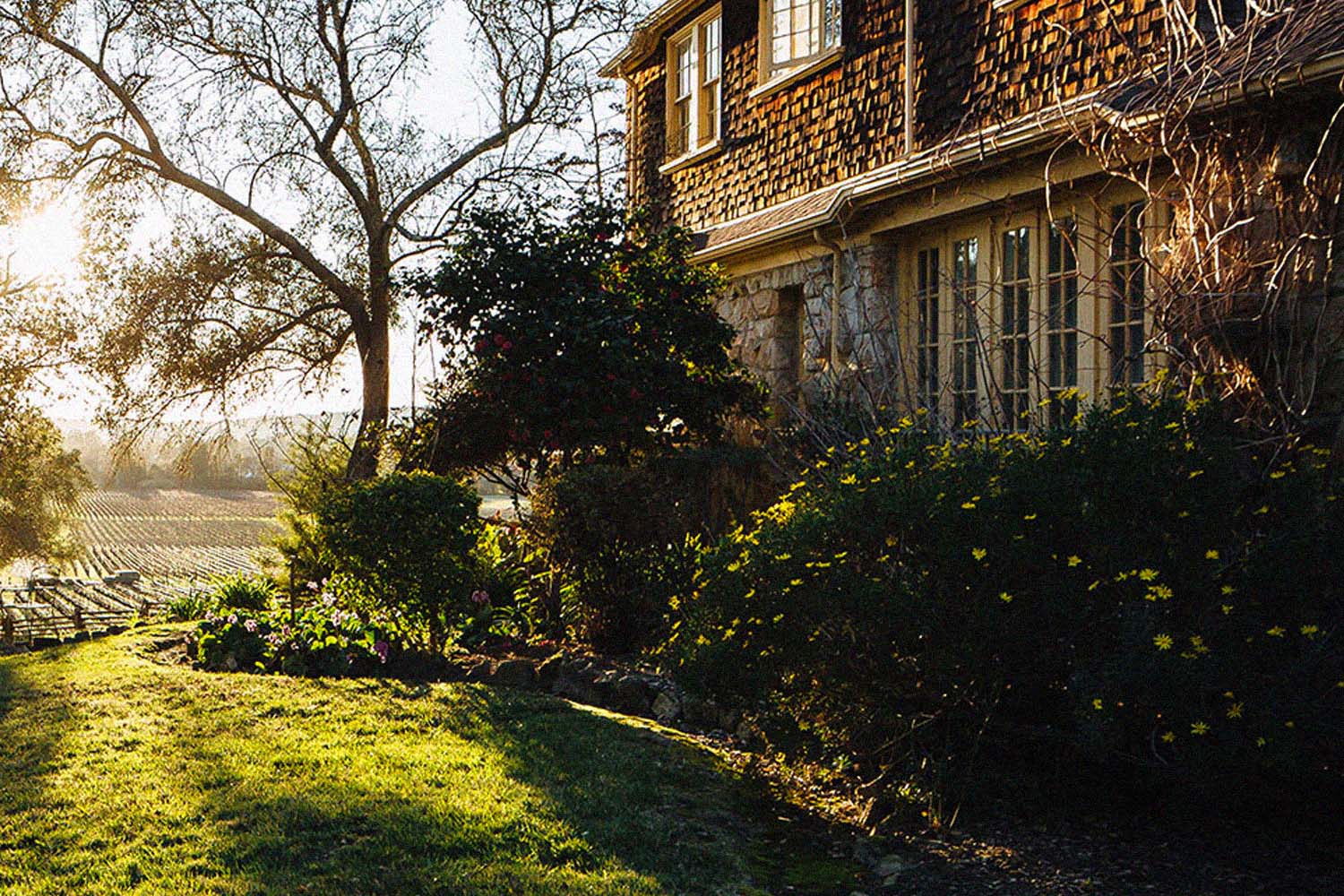
Gundlach Bundschu
Over the past 160 years, taking care of the land has been a huge focus for Gundlach Bundschu. After decades of self-monitored sustainability initiatives — along with the introduction of solar panels and a water recycling system — California’s oldest family-owned winery formalized its organic certification and is currently on the path towards regenerative organic status. This Sonoma stalwart even brought on Meghan Siemers as the sustainability manager to oversee all the impactful work. “If we’ve learned one thing about caring for the earth, it’s that it requires constant innovation and action,” she notes. When you drink a glass of minimal-intervention gewürztraminer or pinot noir, the terroir really shines and it tastes even better knowing the sustainable story behind it.
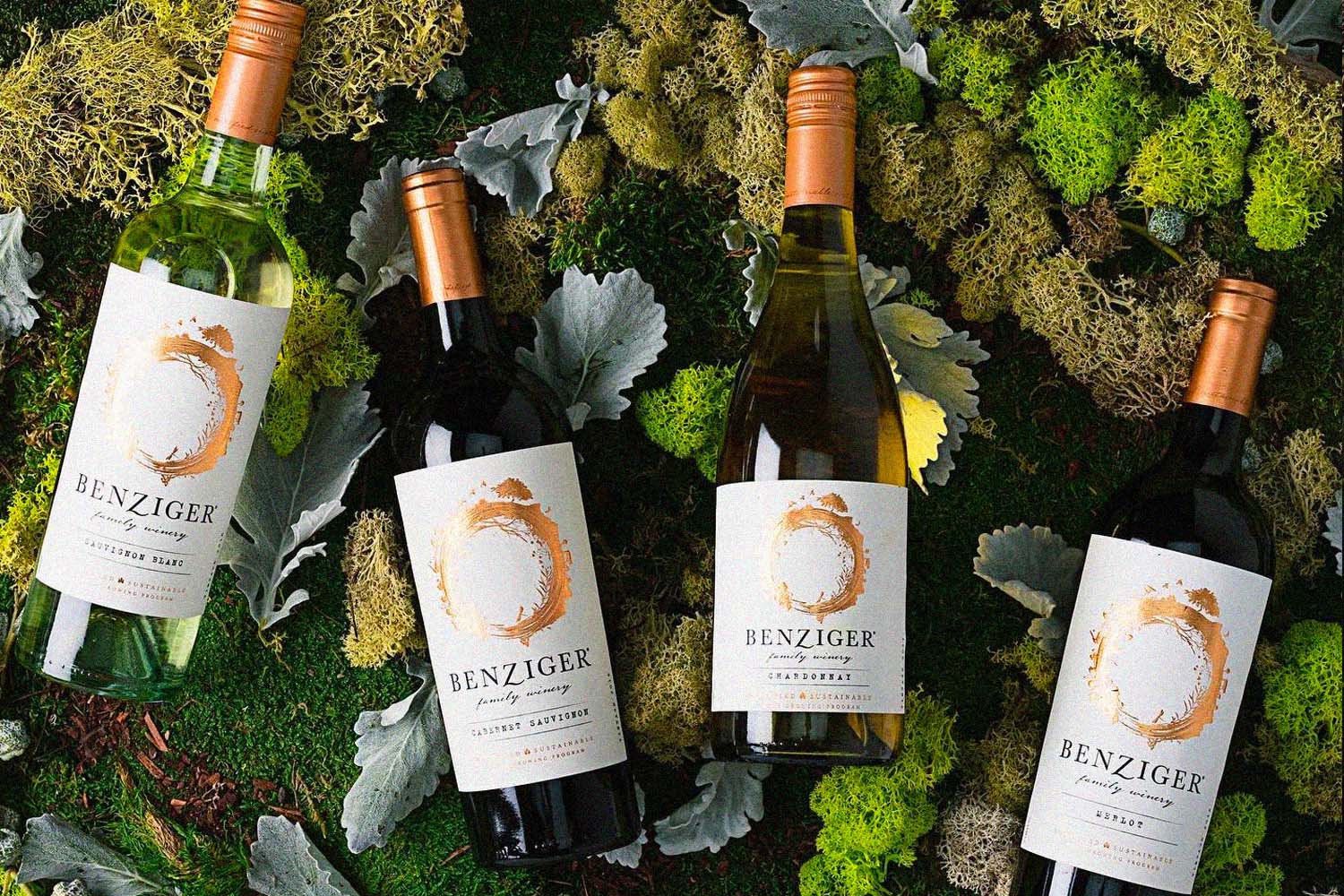
Benziger
Earth-friendly practices aren’t new or trend-driven for the folks at Benziger, a family-run winery in the endearingly sleepy hamlet of Glen Ellen. The beautiful mountain estate is a lovely destination to spend an afternoon getting into the agrarian spirit of things and, of course, drinking wine. Our favorite way to explore? A tractor tour through the vineyards to soak in the verdant scenery and learn about green farming strategies. Afterward, sit down for a flight of limited-production vino. It’s not surprising — but still worth mentioning — that every red, white and rosé you’ll have the pleasure of tasting on site (and inevitably buying because it’s really yummy) is certified as sustainable, organic or biodynamic.
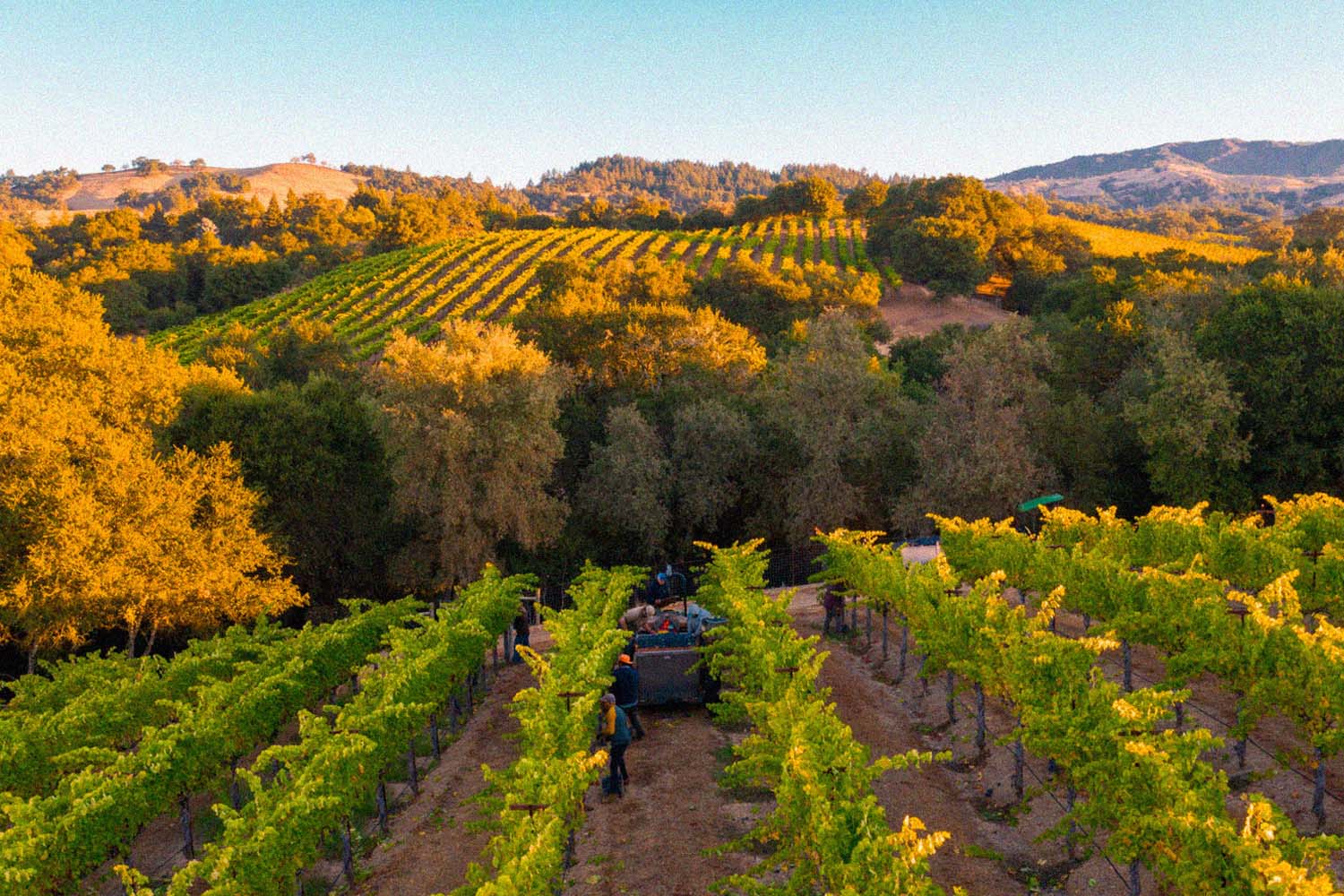
Jordan Vineyard & Winery
A place that does more than just produce well-balanced cabernet sauvignon and chardonnay, Jordan Vineyard & Winery sits on a sprawling 1,200-acre estate that’s made up of many different untamed native habitats, from forests to reservoirs where fish swim and birds feed on insects. Of course, humans do have a hand in the sustainably farmed vineyard blocks and chef’s garden, but even that is consciously minimal. Thoughtful choices include planting cover crops, establishing pollinator sanctuaries and relying on natural predators to keep bothersome pests in check. Hospitality and food also play an integral role in the guest experience. A visit to the scenic estate entails sipping wine and eating seasonally-inspired dishes that are the perfect complement.
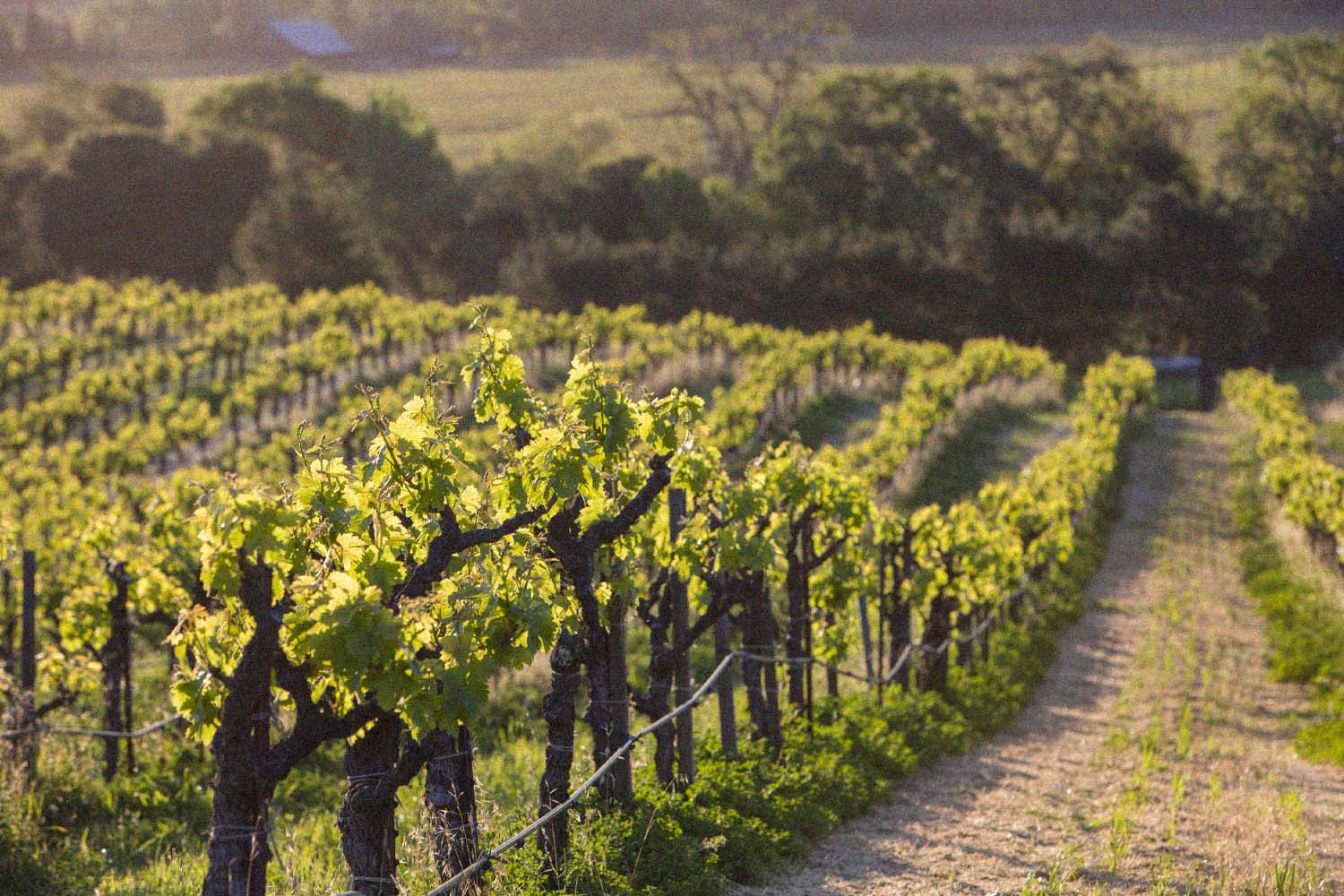
Quivira Vineyards
Nestled in the Dry Creek Valley, Quivira Vineyards is a pastoral plot where bees buzz around flowers planted at the end of organically farmed rows of vines and the faint sounds of chickens clucking fills the air. These efforts — which also include the use of cover crops to boost soil biodiversity as well as composing both pomace and estate livestock manure — aren’t for esthetic purposes, mind you. Each is a conscious choice to help support the long-term health of the entire ranch and move towards the lofty goal of being completely self-sustaining. After enjoying aromatic sauvignon blanc on the tree-shaded patio, visitors can do a self-tour of the farm and stroll through the gardens.
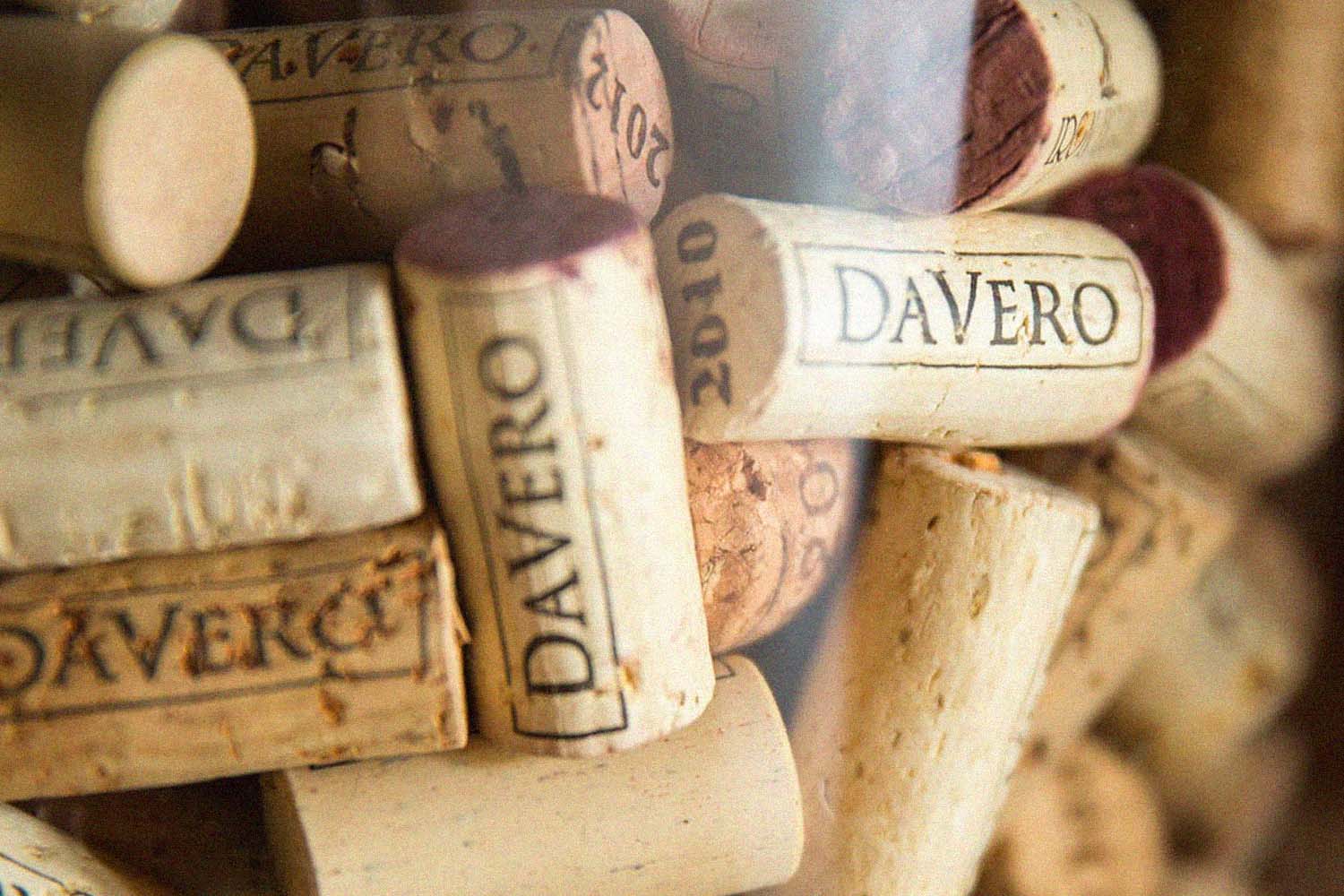
DaVero Farm & Winery
The philosophy at DaVero Farm & Winery — basically, trust Mother Nature to tell you what she needs and give her the tools and the time to flourish — sounds pretty simple, however, it’s much harder to execute. “It’s all about the microbiology in the soil. If it’s healthy, everything else is healthy. If it’s not, there’s trouble ahead,” notes founder Ridgely Evers. The team focuses on farming regeneratively and biodynamically and looks to the Mediterranean climate of Italy for inspiration (it mirrors the microclimate of the Dry Creek Valley). Vineyard blocks of sangiovese and sagrantino, olive trees imported from Tuscany and farm animals thrive. Guests sampling natural wine in the garden are serenaded by the melodies of songbirds.
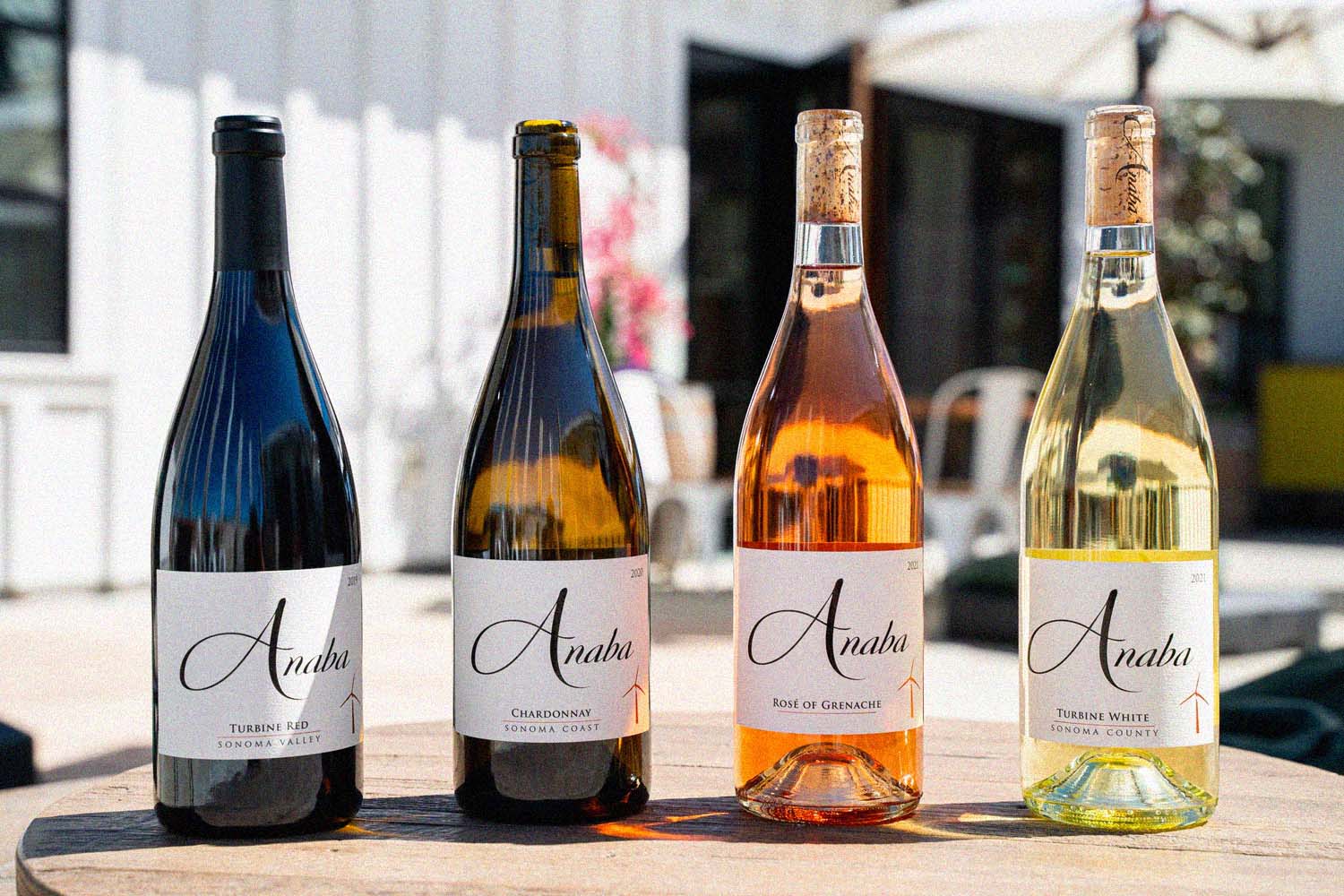
Anaba Wines
Have you ever tried what some might fondly call off-the-power-grid wine? If that sounds appealing, head over to Anaba Wines, the first Northern California winery to employ wind power. The 16-acre Petaluma Gap estate uses a combination of a 45-foot-tall wind turbine and solar panels to provide clean, renewable energy to power its daily operations. It also has an innovative and tasty Turbine wine range made with grapes from sustainable family-owned vineyards. And the bottles that hold the sweet nectar are crafted from lighter glass to offset carbon emissions and made without a foil capsule. The breezy patio is the perfect spot to sip grenache rosé and bright, not overly oaky chardonnay.
This article was featured in the InsideHook SF newsletter. Sign up now for more from the Bay Area.
